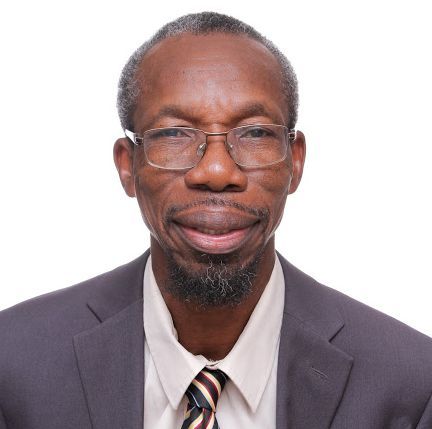By Hudson George
If anyone asked me if there is still left-wing and right-wing politics in this world global village of commerce and trade, my answer will be plain and simple, No. Since the collapsed of the Soviet Union communist system and the Berlin wall fell-down, the cold war era ended.
Presently what we are experiencing is a trade war as Russia and China keep tag-teaming the United States of America for trading partners and geopolitical location stronghold in third world countries. Those three superpowers need friendship with third world countries so that they could have access to needed natural resources.
China is a communist country in terms of its government internal structure, but its foreign trade policy is based on capitalism. Russia has rebranded it domestic and foreign policy from socialism to a version of capitalism that is anti-American to attract wealthy third world countries that have a new brand of nationalist regimes.
On the other hand, the United States of America has not remodeled its local and foreign policies from its original brand of capitalism and imperialism. Besides, the Donald Trump administration is sort of ultra-right-wing and there are no signs that president Trump will rebrand his political values.
Looking at the present political situation in Latin America where the three superpowers have a trading interest to exploit valuable resources, it is very hard to predict what will happen in the future to countries such as Venezuela, Colombia, Bolivar, Equator, Chile, Brazil, Guyana, and Argentina, where politics has been polarised.
Just recently there was a change of government in Argentina through the democratic ballot box process. However, during that same time, street demonstrations erupted in Equator, Bolivar, Chile, and Uruguay where democracy is sort of unstable due to the large quantity of natural resources in those countries, that the bigger powers have the interest to tap into.
Furthermore, as we all know that Venezuela has the largest oil reserves in the world and very soon its neighbor Guyana will become the second-largest oil producer. And even though Guyana has a very small population based on its geographical size, there is also a racial division between the two largest ethnic groups East Indians and Africans. Therefore, in the future, there is a possibility that the superpowers can influence political instability among the two major races to capitalise on the oil and gas trade financial resources.
With all this oil and gas at stake in those South American countries, the political instability can affect some Caribbean islands, due to the fact Guyana is a member of CARICOM countries with an English-speaking Caribbean culture. While Venezuela is geographical a Caribbean Latin American country on the South American continent located very close to Trinidad and Tobago, and Grenada.
So, with this new brand of superpowers rivalry, political games taking place in Latin America, Middle East, and Africa, it is very easy to see how the conflict of a trade war is affecting the entire global village.
And perhaps, the United States prefers to imply economic sanctions on any country that openly resists its political values; as we can see clearly what is going on in Syria, Yemen, and Zimbabwe, the effects of American sanctions affecting citizens.
Now the big news coming from the international established media is that Russia has military personals in Libya supporting one of those warring militia factions. If the news information is true and the Russian backed militia can form a national government, the new regime will give Russia a foothold in North Africa as a friendly allied, but there will be no ideological interest in the deal as in the days of the former Soviet Union.
Russia and China are looking for business, trade, geographical location, and friendship with third world countries to consolidate their superpower status.





